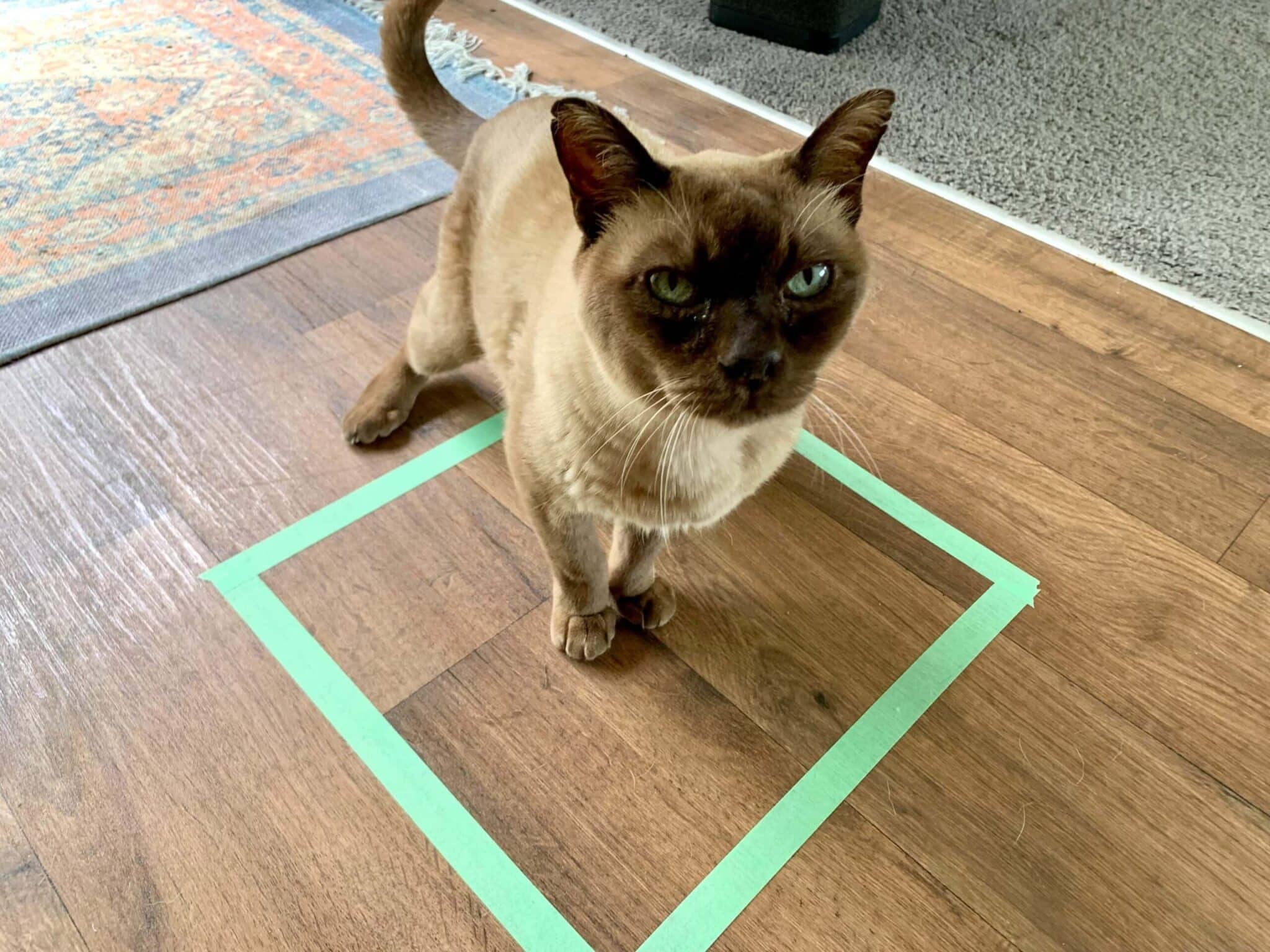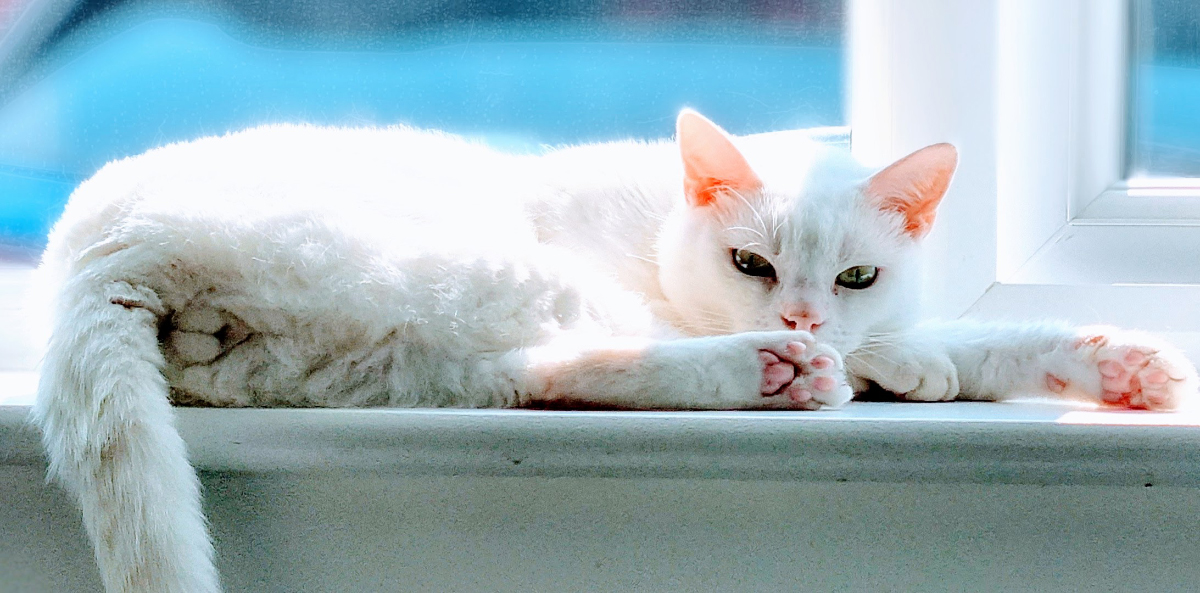If you are thinking of adopting a cat, do not overlook cats that are deaf. Some people shy away from felines with disabilities because they imagine taking care of them will be more difficult, or perhaps the cat will be less loving. But when it comes to deaf cats, they can oftentimes be more affectionate than cats with hearing and do not require much special care.
Why would a cat without hearing be more affectionate? While there’s been no firm research into it, it’s believed that some deaf cats are more affectionate because of different communication styles than cats with hearing. After all, a cat without hearing can’t communicate with you in typical ways, such as by responding to your voice. So, it makes up for this lack of ability by engaging more in touch and vibration1.

How to Know if Your Cat Is Deaf
Some cats are born deaf (one of the most common examples being white cats with blue eyes), but some felines simply lose their hearing as they age. Other kitties may lose hearing due to infections or trauma to the ears. No matter how hearing loss and deafness occur, it might not always be noticeable immediately—especially if you have other animals in your household. Deaf cats tend to take visual cues from their hearing-abled counterparts, running and playing like normal, making it more difficult to tell there’s hearing loss.
If you’re unsure whether your pet can hear you, there are some signs you can watch for. These include:
- Your pet becomes clingier and more affectionate. As we said, without the aid of hearing, your cat will rely on other senses more, with touch being one of them.
- Your feline pal ignores commands or when you call them. Admittedly, this sign is a bit more challenging to parse, as it might just be that your cat is, well, being a cat and ignoring you.
- Your cat does not react to household noises. If someone drops something while in the same room as your pet, the kitty should react. If it doesn’t, it could be that it didn’t hear the noise.
- Your pet is becoming louder than usual. Deaf cats can’t hear themselves when they meow, making it more difficult to regulate how loud their voices are.
- Your cat is becoming unbalanced. This seems like an odd thing to look for, but if your pet has lost hearing due to an inner ear infection, it could have difficulty walking or standing straight.
You’ll want to visit your vet for testing if you think your pet could be deaf or hard of hearing.
If you need to speak with a vet but can't get to one, head over to PangoVet. It's an online service where you can talk to a vet online and get the advice you need for your pet — all at an affordable price!
Living With a Deaf Feline
Living with a kitty that’s deaf or hard of hearing will be a little different than living with a cat capable of hearing, but not by much. You’ll have to accommodate that lack of hearing to ensure your feline lives a long, happy life.
The most vital thing is to keep your pet indoors at all times. Being outside while deaf is dangerous as your pet can’t hear if a car is coming or an animal larger than them is close enough to attack. If you really want to let your pet spend time outdoors, you can teach it to walk on a leash, use a cat stroller, or keep kitty outside in an enclosed area.
You’ll need alternate ways to catch your pet’s attention since it won’t be able to hear your voice. You can try using a laser cat toy or jumping up and down to cause vibrations to do this. You’ll also need to decide how to convey commands to your pet, such as “get down” (hand movements work well).
Deaf cats can easily startle; after all, they can’t hear when someone comes into a room or up behind them. You definitely don’t want your pet living in a version of a jump-scare horror movie 24/7, so be careful to come into the kitty’s line of sight when you enter a room or approach it.
And be sure to spend time playing and bonding with your cat. If your cat wasn’t born deaf but has become deaf due to age or trauma, it might become depressed and need cheering up. Plus, playing with your pet daily builds a strong bond between you.

Final Thoughts
When it comes to whether or not deaf cats are more affectionate, they absolutely can be. Most likely, this is because they use touch more to communicate to compensate for the lack of hearing. So, don’t discount a deaf cat if you are hunting for a pet to adopt!
Living with deaf cats is also easier than you might think; you only need to tweak a few things to the way you live to accommodate them so your pet stays healthy and happy. If you are unsure if your current cat is deaf, there are a few signs to watch out for, such as not responding to loud noises. The best way to figure it out, though, is by taking your feline to the vet for testing.
Featured Image Credit: otsphoto, Shutterstock











